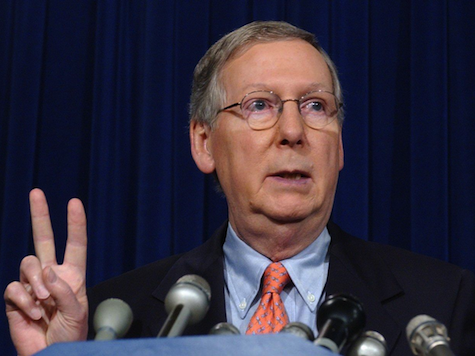As fiscal cliff negotiations continue, Senate Republicans are attempting to replace the sequester with a new program that would look like this:
- $1.2 trillion in cuts would kick in two months from now, minus $24 billion in revenue from the below proposal;
- In the meantime, cuts equivalent to those that would have been made from federal spending over the next two months will be made, or revenue will be increased to fill that gap — $24 billion total, $12 billion from revenue, and $12 billion in cuts over the next two months.
Republicans are obviously not considering raising taxes for those two months in order to meet the standards of the sequester. Instead, they propose making more accounts eligible for Roth IRA-like benefits for one month, and then cutting for the second month. Roth IRAs – individual retirement accounts (IRAs) – allow investors to pay income tax on amounts invested in the account, then receive investment returns tax free. When the accounts are closed or withdrawn from, the additional revenue is not taxed.
The Republican proposal would open more accounts to such benefits. In the short term, that would incentivize Americans to move their money from investment vehicles like SEP IRAs – Simplified Employee Pension Individual Retirement Accounts – which do not tax money put in, but tax the amount and any investment gains coming out of the count, and into the newly constituted Roth IRA-like accounts.
In short, the measure would be a voluntary means of generating short-term government revenue while actually allowing individual investors to make far larger long-term gains, as their investment returns become non-taxable through the years.
Democrats are split on the proposal. Most apparently want the fiscal cliff averted, and believe that this measure will allow the sequester proposal to be better sculpted – but also fear that in the long term, the greater economic freedom provided by the measure will cut government revenue.
This voluntary measure is a purely conservative proposal. It shifts incentives to paying taxes up front rather than placing cash in tax shelters and delaying tax revenue indefinitely; it also allows Americans to make more money long term through investment, rather than fearing greater investment returns pushing them into higher taxation. It remains to be seen if Democrats are willing to take the blunderbuss approach to the sequester rather than embrace a conservative solution that will serve the same purpose in the short term, while providing greater economic liberty in the long term.

COMMENTS
Please let us know if you're having issues with commenting.